Crime victims confront perpetrators
When we heard about The Restorative Justice Project, it was hard to believe and we certainly didn’t understand it. The program at the University of Wisconsin Law School introduces victims of violence to the convicts who committed the crime. Our first reaction was “who would want to do that?” And to what end? It was only after we met these families and the convicts that we could see what a life-changing experience could come from the most unlikely of meetings.
Angel Wendt: I could not tell you another name of a person that I resented so much, And I felt like the only emotion that this man deserved was hate.
Angel Wendt lives in a town of 500, she’s a teacher and a mother of four. Nine years ago, her brother Michael was killed and she focused her hate on drunk driver Lee Namtvedt.
Scott Pelley: This wasn’t the first time you’d been driving drunk.
Lee Namtvedt: Unfortunately, no, it wasn’t. I had three prior OWIs on my record.
Scott Pelley: Those were just the times you got caught.
Lee Namtvedt: That’s correct
Namtvedt pleaded guilty to homicide in 2011. Angel Wendt made it her job to present the judge with witnesses and all the incriminating evidence she could find to encourage the longest sentence. Namtvedt got 10 years, but Wendt had been sentenced to life. A life of vengeance.
Angel Wendt: I was a monster. It was terrible. I can honestly say that, now, looking back at that time in my life, I was a terrible mother. I was a terrible teacher. I was really just an uninspiring person and that’s not what I wanted to be.
Scott Pelley: Why were you all of those things?
Angel Wendt: Because I felt I– I had the right to be.
She decided she could save herself only by meeting the stranger who ruined her life. She reached The Restorative Justice Project at the University of Wisconsin Law School. The project began 30 years ago to teach students about the needs of victims. The director, Johnathan Sharrer, told us they set up about one meeting a month.
Jonathan Scharrer: We’re really victim-focused. And we say, “How has this person been harmed?” And then, “What can be done to repair that harm?”
The attempt to repair the harm begins only with the victim’s request. If the law school finds that the prisoner is willing then The Restorative Justice Project visits both parties.
Jonathan Scharrer: To sort of see, “What are these individuals interested in talking about?” And so we’ll have enough of those individual meetings as are necessary before both sides are ready to actually sit down. And quite often that can take several months up to a year or sometimes longer before we get to that space.
Part of that year is spent shuttling written questions and answers between the victim and the criminal. When Lee Namtvedt received the request from the law school, he had a question.
Lee Namtvedt: How can I do this? You know, I just, it’d be just best not to do it, not to, you know, this happened, I’m doing my time, let’s not ever talk, let’s not ever talk about it, let’s not ever meet. I can just move away. I can hide. And through a lot of counseling and help, I was able to uh go through with it.
Angel Wendt waited five years after her brother Michael was killed to come to the prison to meet Lee Namtvedt.
Angel Wendt: We sat and talked for hours and hours and I found myself crying but it wasn’t for me. It was for him. Because what I came to know in that meeting is that he and I were both mourning the loss of the same amazing young man. But I have all the beautiful memories to fall back on when I’m feeling sad. He has nothing.
Lee Namtvedt: He was a loving, kind, caring young man, who was really– involved in his church. And quite an amazing person.
Scott Pelley: And your response to all of that, to hearing what a terrific person this was that you killed, was what?
Lee Namtvedt: What a loss. What an unnecessary loss.
Angel Wendt: I wanted to, at that point, apologize for all of the things that I had done, rounding up all of those people and finding every little scrap of evidence that he had this terrible character flaw.
Scott Pelley: Wait. You scheduled this meeting so that you could apologize to him?
Angel Wendt: Yep. I wanted to extend my personal forgiveness to him, and also felt that if I was going to emotionally rectify the situation that I had built up for myself, that I needed to apologize to him.
Lee Namtvedt: And I was just amazed at her kindness and caring and her compassion and—it’s not easy. I can’t imagine that’s easy to do, comin’ to a prison and forgive the guy who killed your brother.
That forgiveness becomes possible if the prisoner is seeking redemption. Craig Sussek was 16, back in 1995, when he shot Jackie Millar as he and another teen were stealing her car.
Scott Pelley: You made a decision to shoot her in the head.
Craig Sussek: Yes, unfortunately.
Scott Pelley: Why? Why?
Craig Sussek: And that’s somethin’ that to this day that I can’t there’s no answer that’s gonna be acceptable or sufficient.
Jackie Millar survived the grievous brain injury.
Jackie Millar: They may have tried to take my life, but– I am Jackie Millar. I am here to stay.
Scott Pelley: What were your injuries?
Jackie Millar: I am legally blind. I have short-term and long-term memory problems.
Scott Pelley: Tell me why you wanted to meet Craig Sussek.
Jackie Millar: The only thing I wanted to find out was why. Why he did it.
Two years after the shooting, Sussek was 19. And faced the woman he shot accompanied by a mediator from The Restorative Justice Project.
Craig Sussek: I was in a state of terror.
Scott Pelley: What were you afraid of?
Craig Sussek: I was ashamed of what I did. And, you know, I’m– I’m meeting the person that I did– the act that made me feel shame.
Jackie Millar in 1997: Tell me what it is that you did.
Craig Sussek in 1997: I just grabbed the gun. I just – I pulled the trigger.
Jackie Millar in 1997: I am very proud that you told me.
Craig Sussek in 1997: I’m really sorry for everything I’ve done.
The meeting went on for two hours as she described her suffering. But the woman who had lost so much had something left to give.
Jackie Millar in 1997: You’re a good kid. I know deep down you are a good kid.
Craig Sussek: Jackie forgave me. Without that, you know, I don’t know where I’d be.
Scott Pelley: Please help me understand how that is possible. How can you forgive this man who did this to you?
Jackie Millar: I forgive him. I don’t forget it. I know he tried to kill me.
Craig Sussek is 40 now and has invited Jackie’s visits, once a year, every year for two decades.
Craig Sussek: If I can continually give back to her, that’s my lifelong mission.
Scott Pelley: Because of what you did all these years ago, her health is deteriorating.
Craig Sussek: Yeah.
Scott Pelley: What do you think of that, as you see her year after year and see that she’s not getting any better?
Craig Sussek: It’s not– it’s not an easy thing. Jackie’s been in a prison for as long as I have been, and in a worse prison than what I’ve got. You know? Because my memory isn’t going. My health isn’t slipping. And it’s terrible, because I know I did that.
For prisoners, it seems the motive is always the same: to be forgiven. But each victim brings unique desires. Mary Rezin’s mother and brother were killed by a pair of gunmen in a robbery.
Mary Rezin: My brother was in Vietnam, and he made it home. And then he is shot down, you know, trying to get away from somebody. And they broke through three doors to get at my mom. And she’s 85 years old.
Scott Pelley: Once these two men were sent to prison, was there a sense of relief in any way?
Mary Rezin: No. No, I called it treading water. Because if I didn’t keep trying, I was gonna go under.
Mary Rezin was seeking truth. She found that open questions leave no closure.
Jonathan Scharrer: Many people are hungry for information, So finding out what really happened helps them stop asking the questions that they may have asked themselves, you know, ten, 20, 30,000 times.
Jonathan Sharrer contacted both killers. Only one, Dan Cerney, was well and willing.
Daniel Cerney: I knew this was something that I couldn’t hide from. I’ve been hiding from it for 17 years. The truth was never told on what really happened.
Scott Pelley: You lied in court about what happened?
Daniel Cerney: Yes, I did.
Cerney had claimed that he didn’t shoot Mary Rezin’s brother until the other man had already killed him.
Scott Pelley: Tell me what happened?
Daniel Cerney: I had a .22 rifle in my hands, and I shot the man. Numerous times. Until he fell.
Cerney met Mary Rezin three years ago, 17 years after the murders.
Mary Rezin: I did find out some things that I didn’t know before, which to me was helpful.
Daniel Cerney: I decided to not be the same person that I was. I decided to tell the truth. Because I know I was wrong.
Scott Pelley: Do you have a release date?
Daniel Cerney: Right now, I’m looking at life in prison for the rest of my life.
Scott Pelley: Do you deserve that?
Daniel Cerney: Yes. I accepted it, but won’t matter where I’m at or what I’m doing, I am gonna change my life for the better.
He may never leave these walls, but he has been released, released by the only person who ever held that power. Angel Wendt was locked in a prison of her own making until an inmate handed her the keys.
Scott Pelley: Imagine for me if this program did not exist and you had never met this man. How would you be different today?
Angel Wendt: I can’t imagine what life would even be like and I look at those who still hold onto the situation and are still very bitter and unforgiving. It breaks my heart to think that they are letting this– this situation define who they are. There’s so much more to me and there’s so much more to them. And this program really allowed who I am to come back out.
Produced by Aaron Weisz. Associate producer, LaCrai Mitchell
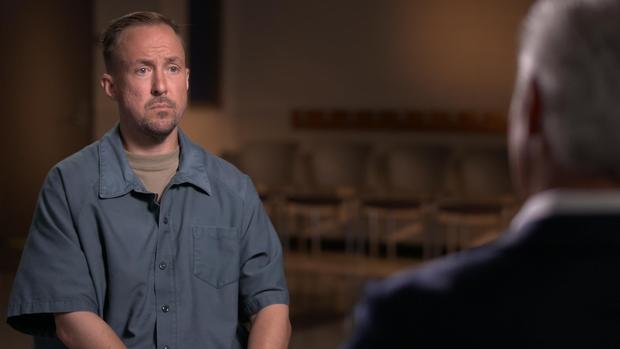
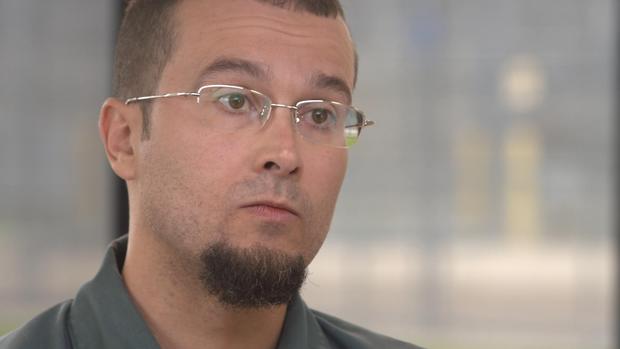
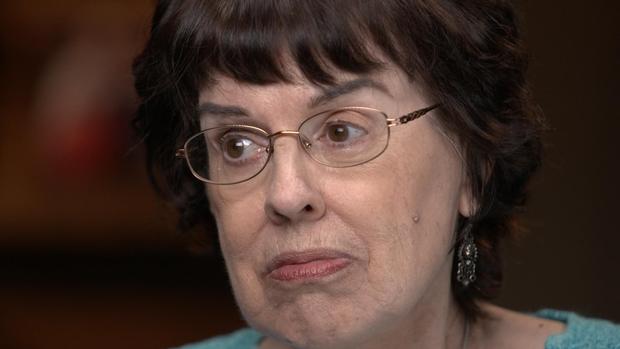


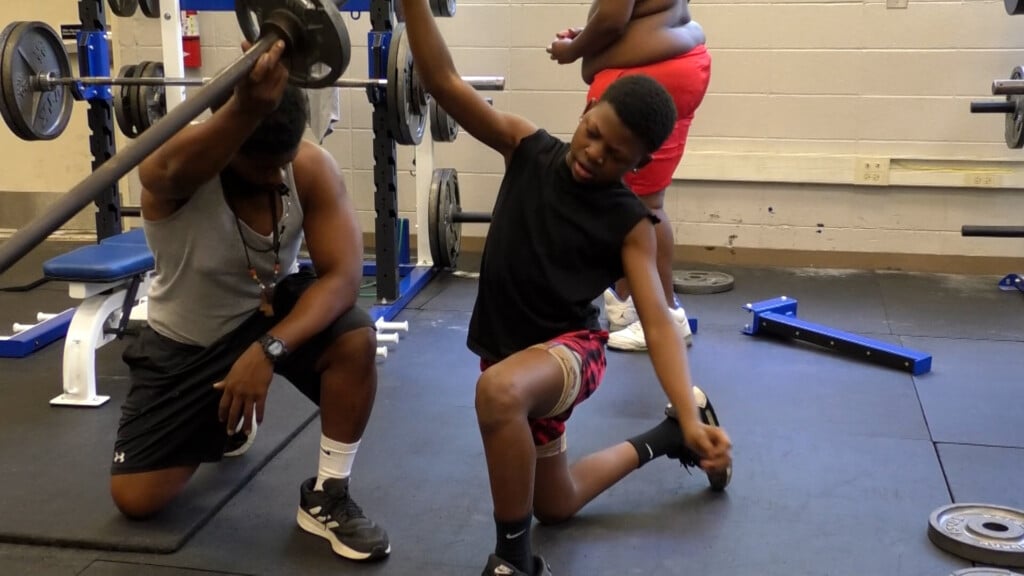
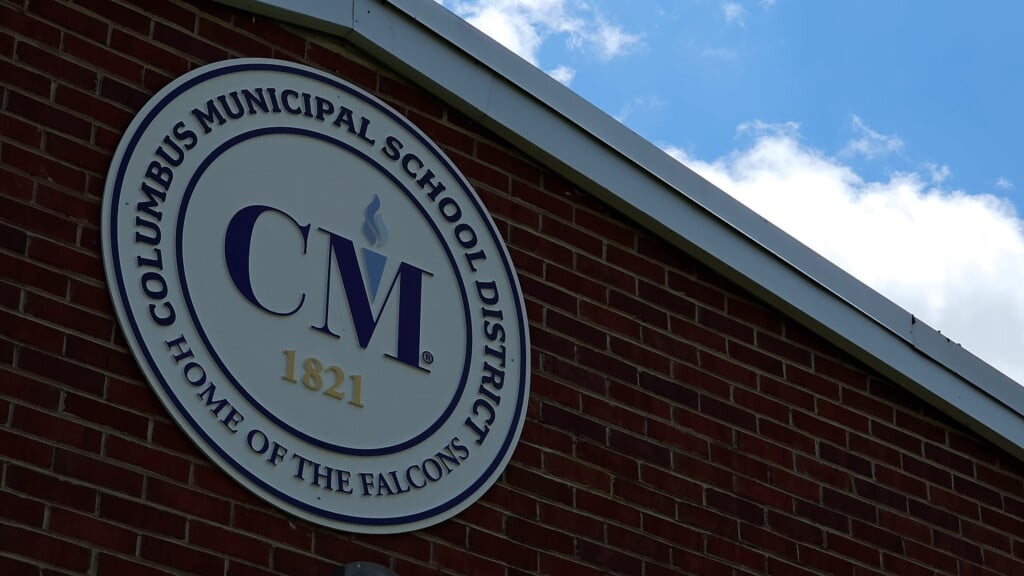
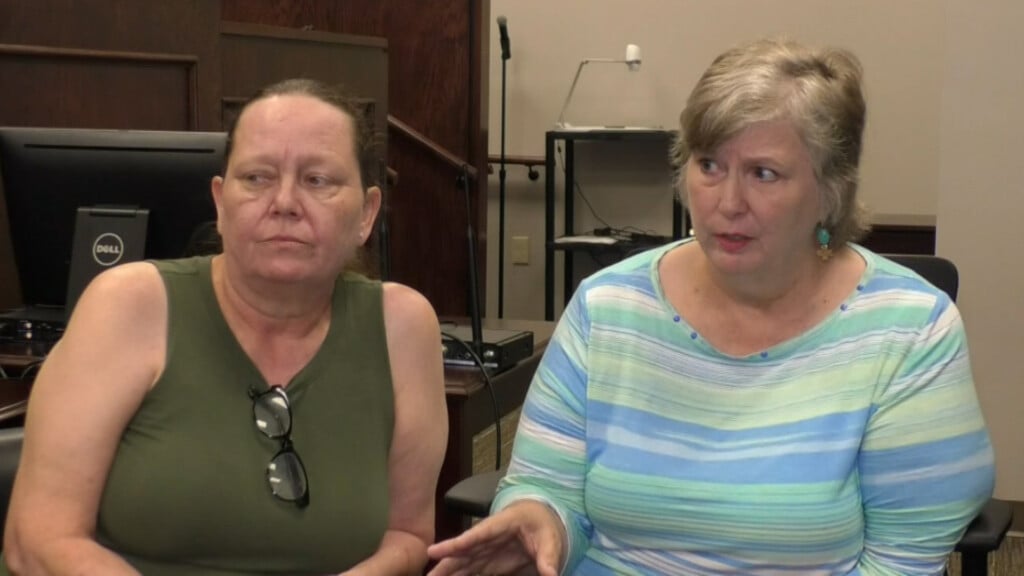
Leave a Reply